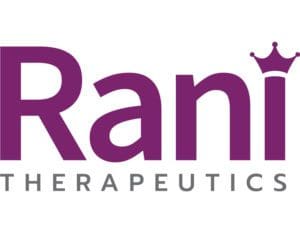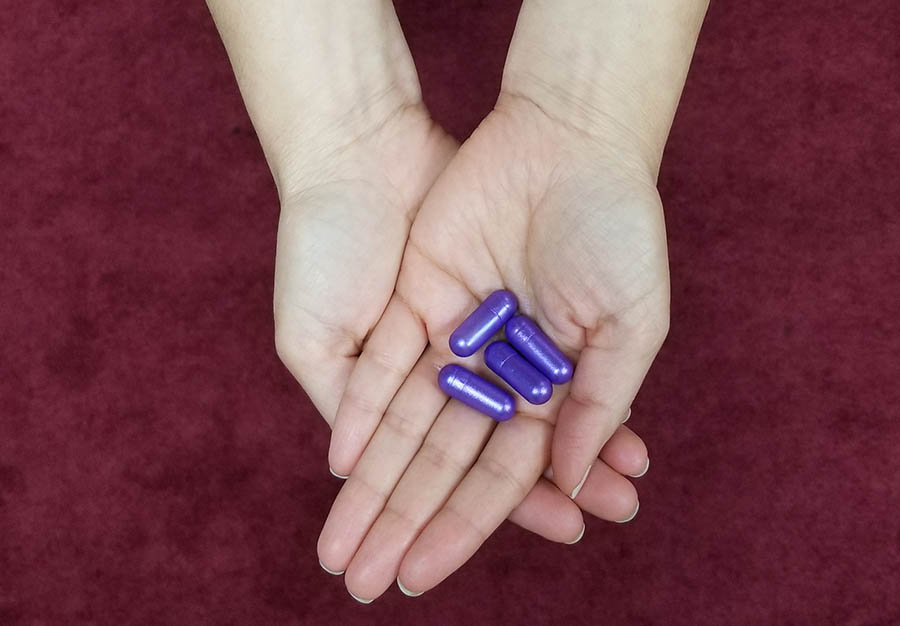 Rani Therapeutics Holdings (NSDQ:RANI), developer of a robotic drug-delivery pill system, has priced an underwritten initial public offering (IPO) of Class A common stock worth $73.3 million.
Rani Therapeutics Holdings (NSDQ:RANI), developer of a robotic drug-delivery pill system, has priced an underwritten initial public offering (IPO) of Class A common stock worth $73.3 million.
The San Jose, Calif.–based company’s IPO of 6.7 million shares priced at $11 a share, generating gross proceeds of $73.3 million.
The company initially targeted an IPO worth approximately $100 million, with shares trading between $14 and $16.
The company has developed a proprietary platform designed to provide a pill-based alternative to intravenous or subcutaneous administration of biologics. The robotic pill deploys its payload of proteins, peptides or antibodies when it reaches the intestine.

Talat Imran
In a Phase 1 trial, the company demonstrated the absorption of a biologic on the order of 65%. “That’s in line with subcutaneous injections, which ranged between 40% and 80%,” said Talat Imran, the company’s CEO. “Based on that and our plans for the rest of the drugs in our pipeline, we felt like it was the right time to go public.”
That study involved Octreotide, a treatment that can reduce excessive growth hormone levels and treat diarrhea linked to some tumors.
The technology is “a robotic pill, but it’s like a chemistry-based robot,” Imran said. Resembling a capsule, albeit larger in size, the robotic capsule has a pH-sensitive coating. The coating keeps the capsule intact as it passes through the stomach when it gets to the small intestines. “When it arrives there, the capsule dissolves and expands a balloon,” Imran said. That occurs as a result of a reaction that is “akin to Alka Seltzer, which produces CO2 gas.” The expansion plays a role in inserting a needle into the intestinal wall.
“There are no sharp pain receptors in the gut,” Imran added. “In our Phase 1, we were able to determine that the patients who were dosed with Rani pills had no sensation or perception when the injection occurred.”

RaniPills
The company has conducted preclinical research on TNFα inhibitors, parathyroid hormone, human growth hormone, GLP-1 and basal insulin.
The appeal of a pill-based alternative to injectables could be especially great for patients on daily subcutaneous medicines such as teriparatide, an osteoporosis treatment often administered daily. The burden of injections limits the therapeutic potential of drugs like teriparatide, Imran said. “We believe that going to an oral formulation could provide more patients with the opportunity to take this medication,” he noted.